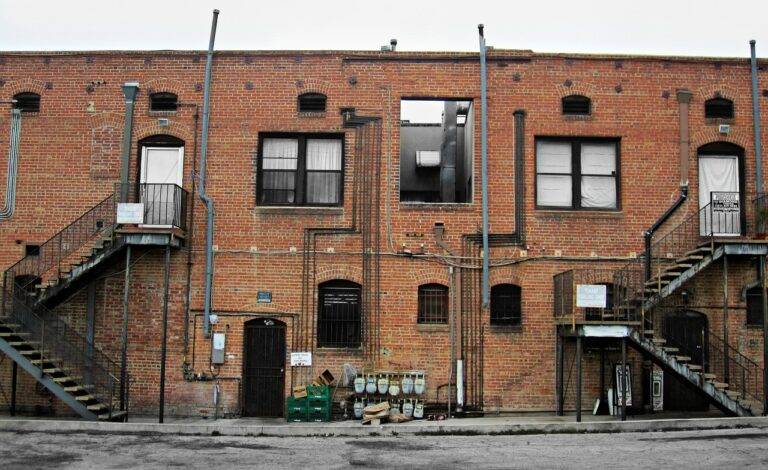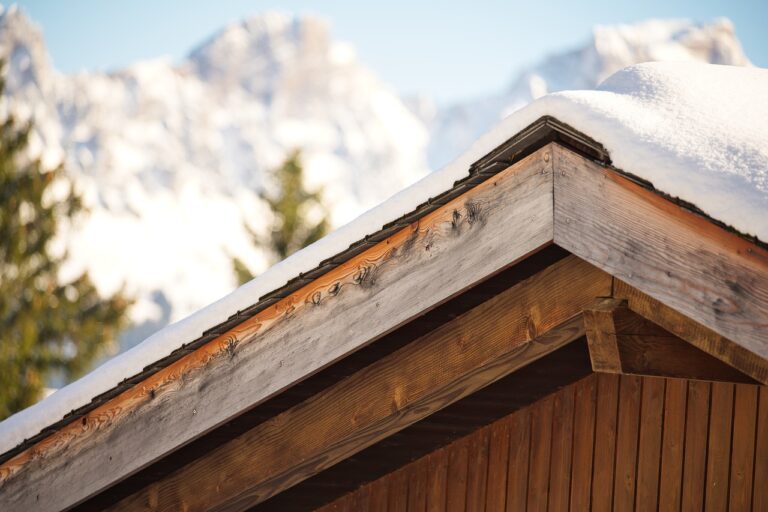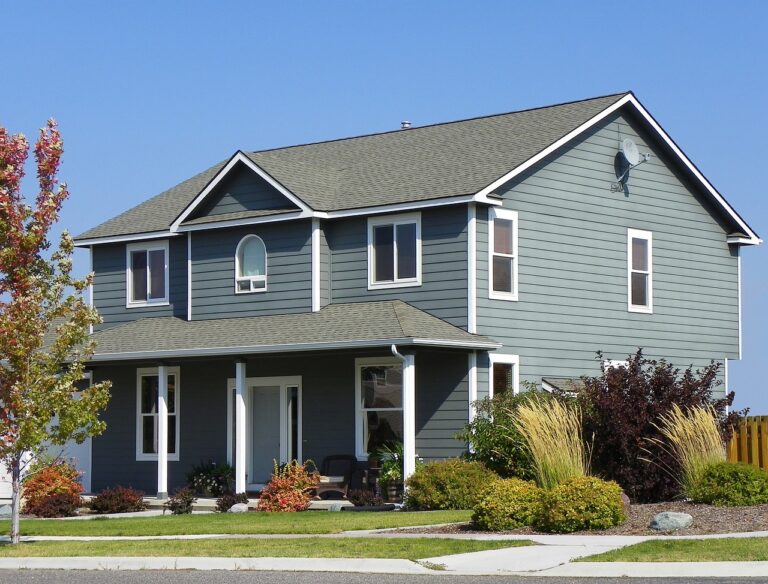Driveway Material Comparison: Asphalt vs. Concrete: Diamond exchange 9, Sky99exch, Reddybook
diamond exchange 9, sky99exch, reddybook: When it comes to choosing a material for your driveway, two of the most popular options are asphalt and concrete. Both materials have their own unique benefits and drawbacks, so it’s important to carefully consider your needs and preferences before making a decision. In this article, we will explore the differences between asphalt and concrete driveways to help you make an informed choice.
Durability
Asphalt driveways are known for their durability and flexibility. They can withstand extreme weather conditions, such as freezing temperatures and heavy rainfall, without cracking or crumbling. However, asphalt driveways do require regular maintenance, such as resealing every few years, to ensure they remain in good condition.
On the other hand, concrete driveways are very durable and can last for decades with proper care. Concrete is resistant to weather damage, UV rays, and heavy vehicles. However, concrete driveways are prone to cracking over time, especially in areas with frequent freeze-thaw cycles. Repairing cracks in a concrete driveway can be costly and time-consuming.
Cost
In terms of cost, asphalt driveways are generally more affordable than concrete driveways. The initial installation cost of an asphalt driveway is lower, and asphalt is also easier and cheaper to repair. However, asphalt driveways may require more frequent maintenance, which can add up over time.
Concrete driveways, on the other hand, have a higher upfront cost but require less maintenance in the long run. While concrete driveways may need occasional repairs, such as crack filling or sealing, they are generally more cost-effective over their lifespan.
Aesthetics
When it comes to aesthetics, concrete driveways are a popular choice for homeowners who want a clean, modern look. Concrete driveways can be customized with a variety of finishes, colors, and patterns to suit your home’s exterior. However, concrete can stain and discolor over time, especially if not properly sealed.
Asphalt driveways have a classic, black look that complements many home styles. While asphalt driveways may not offer as many design options as concrete, they can be resurfaced or sealed to enhance their appearance. Some homeowners may prefer the sleek, uniform look of an asphalt driveway over the more decorative options available with concrete.
Maintenance
Both asphalt and concrete driveways require regular maintenance to ensure they remain in good condition. Asphalt driveways should be resealed every 3-5 years to protect against water damage and UV rays. Additionally, cracks and potholes should be repaired promptly to prevent further deterioration.
Concrete driveways should also be sealed every few years to protect against stains, water damage, and UV rays. Cracks should be filled as soon as they appear to prevent them from getting larger. While concrete driveways are generally more low-maintenance than asphalt driveways, they still require attention to prolong their lifespan.
Environmental Impact
When it comes to environmental impact, asphalt driveways have a slight edge over concrete driveways. Asphalt is a recyclable material, and old asphalt can be reused in new construction projects. Additionally, asphalt driveways absorb heat, which can help reduce the urban heat island effect in cities.
Concrete driveways, on the other hand, have a larger carbon footprint due to the production process. Concrete production releases a significant amount of greenhouse gases, such as carbon dioxide, into the atmosphere. While concrete driveways can be recycled, the process is more complex and less common than asphalt recycling.
Overall, both asphalt and concrete driveways have their own advantages and disadvantages. The best choice for your home will depend on your budget, aesthetic preferences, maintenance capabilities, and environmental concerns. Whether you choose asphalt or concrete, be sure to work with a reputable contractor to ensure a quality installation that will stand the test of time.
FAQs
Q: How long do asphalt driveways last?
A: With proper maintenance, an asphalt driveway can last up to 20 years or more.
Q: Can I resurface my concrete driveway to change its appearance?
A: Yes, concrete driveways can be resurfaced to add a new color, texture, or pattern.
Q: How soon can I drive on a newly installed asphalt driveway?
A: It is recommended to wait at least 24-48 hours before driving on a newly installed asphalt driveway.
Q: Are there any eco-friendly options for driveway materials?
A: Yes, there are eco-friendly options available, such as permeable pavers or recycled materials.
Q: How can I prevent stains on my concrete driveway?
A: To prevent stains on a concrete driveway, seal it regularly and clean up spills promptly.
Q: Can I install a heated driveway with asphalt or concrete?
A: Yes, both asphalt and concrete driveways can be equipped with a heating system to melt snow and ice.
In conclusion, choosing between asphalt and concrete for your driveway is a personal decision that should be based on your individual needs and preferences. Both materials have their own benefits and drawbacks, so be sure to weigh the pros and cons carefully before making a choice. By considering factors such as durability, cost, aesthetics, maintenance, and environmental impact, you can select the driveway material that best suits your home and lifestyle.







